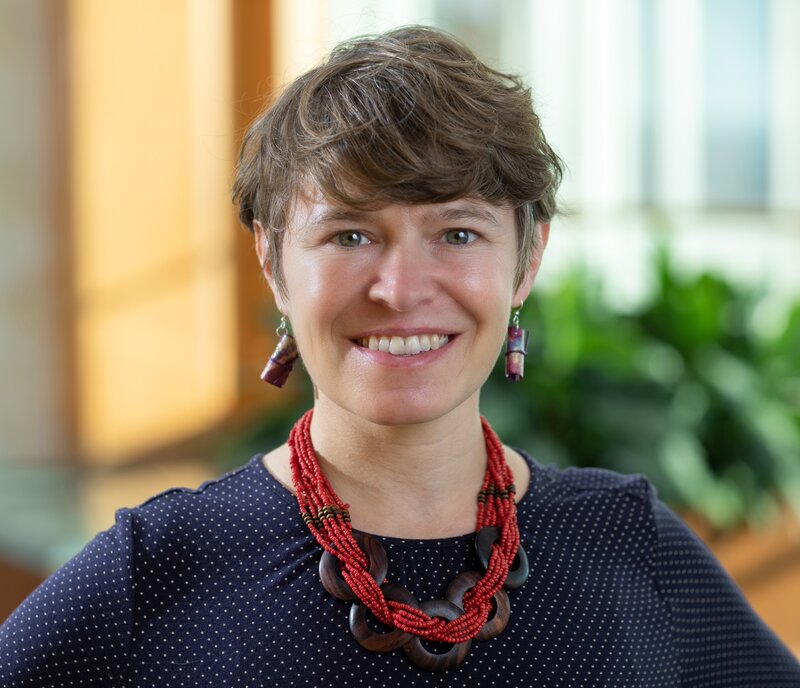Clin-STAR Awardee Spotlight
Heidi L. Lindroth, PhD, RN
Mayo Clinic
Nursing, Neuroscience, Delirium, Aging, Agile Science
Clin-STAR Transdisciplinary Aging Research Pilot Grant- 2021

Improve Patient Recovery by Engaging Patients and FAmily-CaregiveRs to End Delirium – A Feasibility and Acceptability Study (iPREPARED)
Delirium is an acute brain failure impacting more than 30% of hospitalized older adults leading to an increased risk of mortality, institutionalization, and cognitive decline. Actions like reorientation, mobility, and promoting sleep while in the hospital can prevent up to half of delirium, yet their impact is limited in the hospital setting due to nurse workload and the absence of volunteers. One potential solution is to partner with an informal caregiver (care partner) in place of a clinician or volunteer, and support their involvement with a mobile health application. Dr. Lindroth partnered with a team of patients and care partners to develop iPREPARED, a mobile health application. iPREPARED has a video to prepare the patient and care partner, coaching on delirium, resources, and protocols on delivering actions to prevent incident delirium. This proposed pilot study aims to test the feasibility, acceptability, and usability of iPREPARED in hospitalized older adults.
Pilot Mentor
Malaz A. Boustani, MD
Indiana University School of Medicine
Research Interests: Geriatrics, ADRD, Delirium, Agile Science
Age-related disease or conditions studied in pilot:
Alzheimer disease/dementia
Nursing
Emergency medicine
Delirium
Impact of pilot:
- Clinical
- Translational
Clin-STAR Grantee Interview
How did you first find out about Clin-STAR and the pilot grant program?
Dr. Malaz Boustani, my primary mentor, introduced me to Clin-STAR and the pilot grant program.
What inspired you to pursue aging research and how does your perspective as a non-geriatrician specialist contribute to your research activity?
Each year that I age, I enjoy reflecting on my journey and learning. This practice, the wisdom you gain over time, has always intrigued me, and helped me connect at a very early age to people older than me. After delirium, some people lose that ability, they lose their journey, and I want to stop that from happening. My research is informed by my continued practice as a bedside ICU nurse clinician.
In your view, what does Clin-STAR mean to the field and what does it mean for you to receive a Clin-STAR pilot grant now?
I am honored to receive a Clin-STAR pilot grant. This award provides the financial support and mentorship to conduct a pilot study evaluating the feasibility and acceptability of the mobile health technology, iPREPARED, that I co-designed with patients and care partners. I view Clin-STAR as an excellent resource and hub for early career scientists.
What’s exciting about your research’s potential impact to your career, field, and patients?
I really want patients, families, and the healthcare team to have the evidence-based tools and strategies they need to thrive and stop delirium. The ability to test the feasibility and acceptability of the mobile health app, iPREPARED, will help inform future iterations of the technology.
How have you collaborated with your mentor or co-investigators?
I meet with my mentor, Dr. Malaz Boustani, once per week for 30 minutes. I have co-authored manuscripts with him and he is guiding me on the conduct of the pilot RCT. My co-investigators, Drs. Fernanda Bellolio and Sandeep Pagali, are critical to the success of the study. They have developed clinical partnerships to optimize study recruitment. We are currently working on a protocol manuscript.